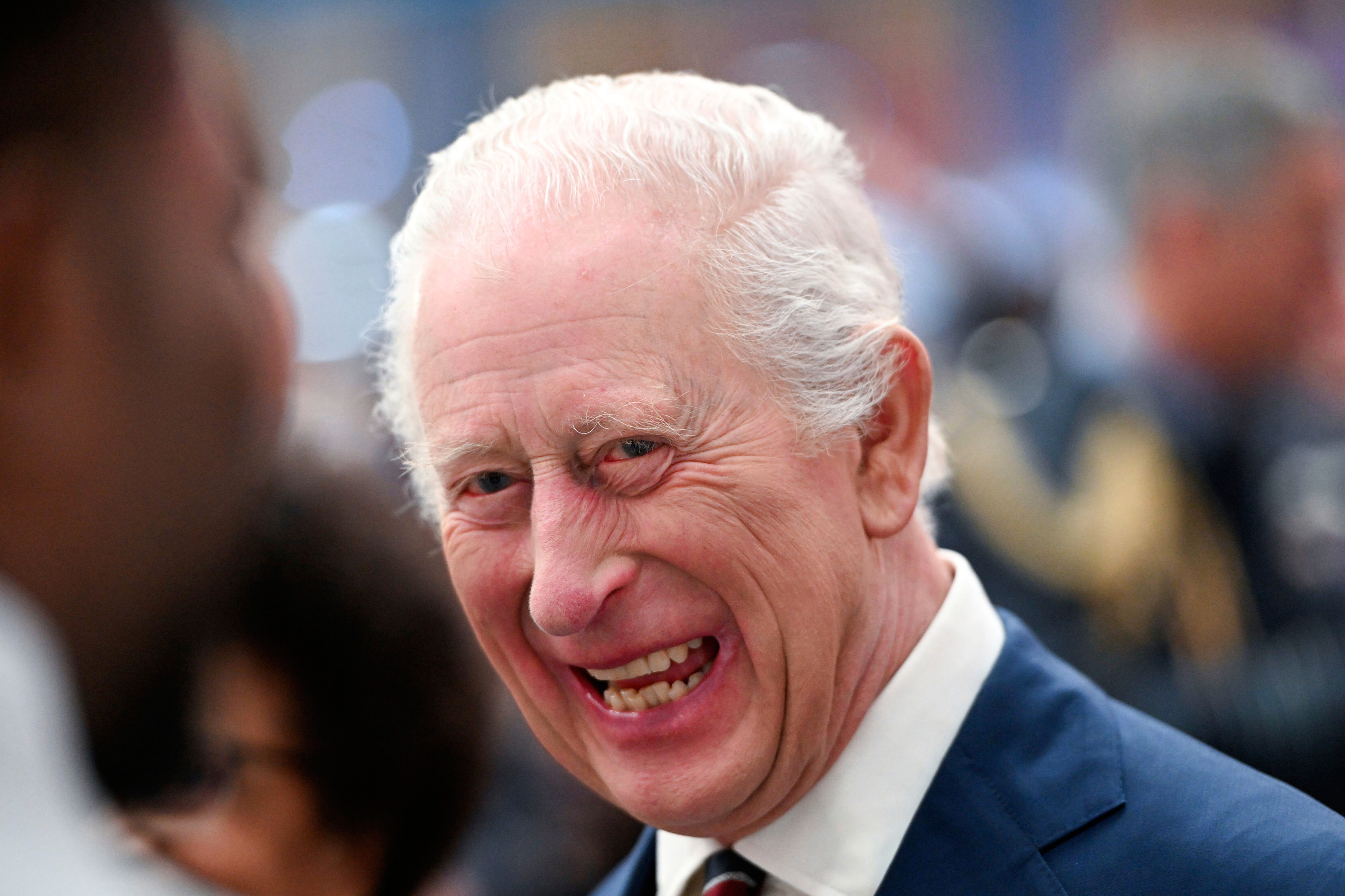Cánovas wrote that "the Crown cannot be so high that it gets lost among the clouds." If this was already a desire in the 19th century regarding an institution that was evolving at the pace demanded by political liberalism, in the 21st century, it becomes an essential principle in every parliamentary monarchy. Some have successfully coined the term Welfare Monarchy to explain how the functions and even the justification for the existence of Thrones in our time are increasingly linked to becoming active agents of very earthly demands that are not necessarily the most urgent for those leading political action but clearly contribute to improving the living conditions of the societies they reign over. They also serve as advocates for causes benefiting from the attention of these figures stripped of powers but endowed with enormous influence and authority that parliamentary monarchs possess.
In this sense, it was almost obligatory - or without the "almost" - for Constitutional Monarchies to also become active agents in the defense of the environment and ecological transition, given that the fight against climate change is now one of the main concerns for citizens of democratic societies, such as those in Europe. Up to 93% of citizens in the Twenty-Seven consider climate change as one of the most serious problems facing the world, as reflected in the latest Eurobarometer surveys. This reality cannot be alien to the heads of an institution like the Crown, as "guardians of the continuity of their respective nations who can promote an environmental protection vision that connects historical legacy with the future."
These are the words of economist Toni Timoner Salvá and lawyer Raúl López Baelo, members of the independent think tank Oikos, authors of a study for Remco - the Network for the Study of Contemporary Monarchies - analyzing the role of all heads of this institution in Europe - except Luxembourg and Liechtenstein - and Japan in the so-called green diplomacy.
According to the conclusions of this study, the monarchs most committed to environmental debate are, in order, King Charles III of the United Kingdom, Emperor Naruhito of Japan, and King Carl XVI Gustaf of Sweden. These three constitutional monarchs are the most active in the fight against climate change and in leading the promotion of sustainable policies of all kinds, following a comprehensive comparison of the space dedicated to these issues on the agenda of all the analyzed sovereigns, the promotion of initiatives related to climate change and the circular economy, the emphasis placed on these issues in their official speeches, or the exemplary conduct demonstrated by implementing sustainable practices in buildings associated with the Crown and in the properties and daily activities of the various dynasties. King Felipe VI of Spain ranks fourth among the nine compared monarchs, with the only one not receiving at least a passing grade of 5 being King Philippe of the Belgians.
A Prince Ahead of His Time
The environmental concern of the current King Charles III goes way back. As Prince of Wales, it was one of the areas he dedicated the most efforts to since the 1970s. Today, reality has largely proven right the Heir who was perceived as an eccentric figure for discussing issues like environmental sustainability or organic agriculture at a time when these were not topics on any public agenda in the Old Continent. His activism is not as clear since assuming the throne because his role as monarch limits him to some extent - it is enough to remember that shortly after succeeding his mother, Queen Elizabeth II, the then Prime Minister Liz Truss asked him not to participate in that year's Climate Summit, which sparked a huge controversy. However, he continues to encourage both public authorities and the private sector to commit to practices that favor planet protection. As he warned in 2021 at COP26: "The window of opportunity is closing rapidly, and if we do not act now, the damage will be irreversible for all of us."
As Timoner Salvá and López Baelo argue, the moral authority of constitutional monarchs positions them effectively as agents for a long-term environmental transition. Simultaneously, this effort, as in the case of Spain, can strengthen their legitimacy and social relevance, always with a focus on monarchies that now also base their raison d'être on exemplarity and the utility of exercise.
The conclusions of this study inevitably lead to thinking about the almost insurmountable distances in what parliamentary kings represent today compared to other types of heads of state like Donald Trump, who precisely entered the Oval Office like a bull in a china shop, dismantling all climate policies of his predecessors
